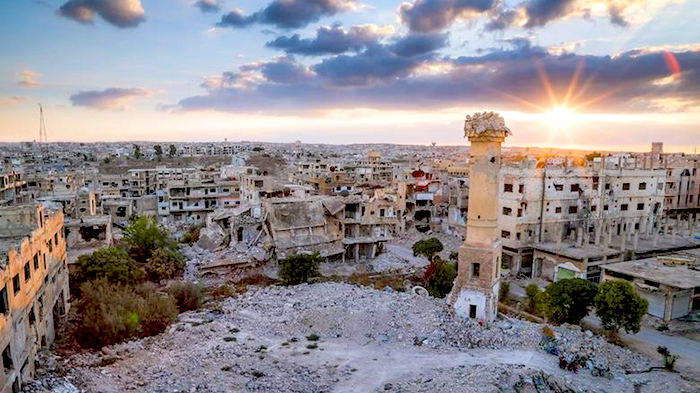
There can be no peace on the big stage of life when there is greed, jealousy, unwillingness to forgive, and unwillingness to compromise within our private hearts. When the outer body gets sick, it nearly always signals a breakdown in the internal immune system. Fr. Ron Rolheiser opens our reflection on waging peace in a world where someone could be pretty sure that there is not much in the way of antibodies (charity, joy, peace, patience, goodness, long-suffering, faith, mildness, gentleness, and chastity) within the body of humanity, namely, within our private lives. When we cannot get along with each other within our marriages and families, we should not be surprised that countries do not get along with each other. There are many aspects to waging peace. The social justice literature of the past decades has given us a crucial insight that should never again be lost, namely, that private virtue and private charity, alone, are not enough. In the face of unjust systems and corrupt governments, Christians cannot get away with simply practicing private virtue and saying to their less fortunate neighbors: “I wish you well. (Stay warm and well-fed!) I’m a good and honest person, I did nothing to cause your suffering!” There are real social and political issues underlying war, poverty, oppression, and violence. Peace-making must address these. But there are real private, personal ones as well. Hence, waging peace requires more than simply confronting the powers that be. What must, ultimately, be confronted is our own greed, hurt, jealousy, inability to forgive, compromise, and respect. More than we need to convert bad systems, we need to convert ourselves. There is a story told about a Lutheran pastor, a Norwegian, who was arrested by the Gestapo during the Second World War. When he was brought into the interrogation room, the Gestapo officer placed his revolver on the table between them and said: “Father, this is just to let you know that we are serious!” The pastor, instinctually, pulled out his bible and laid it beside the revolver. The officer demanded: “Why did you do that?” The pastor replied: “You laid out your weapon – and so did I!” So, in waging peace we must keep in mind what our true weapons are and who the real enemy is. and saying to their less fortunate neighbors: “I wish you well. (Stay warm and well-fed!) I’m a good and honest person, I did nothing to cause your suffering!” There are real social and political issues underlying war, poverty, oppression, and violence. Peace-making must address these. But there are real private, personal ones as well. Hence, waging peace requires more than simply confronting the powers that be. What must, ultimately, be confronted is our own greed, hurt, jealousy, inability to forgive, compromise, and respect. More than we need to convert bad systems, we need to convert ourselves. There is a story told about a Lutheran pastor, a Norwegian, who was arrested by the Gestapo during the Second World War. When he was brought into the interrogation room, the Gestapo officer placed his revolver on the table between them and said: “Father, this is just to let you know that we are serious!” The pastor, instinctually, pulled out his bible and laid it beside the revolver. The officer demanded: “Why did you do that?” The pastor replied: “You laid out your weapon – and so did I!” So, in waging peace we must keep in mind what our true weapons are and who the real enemy is.
